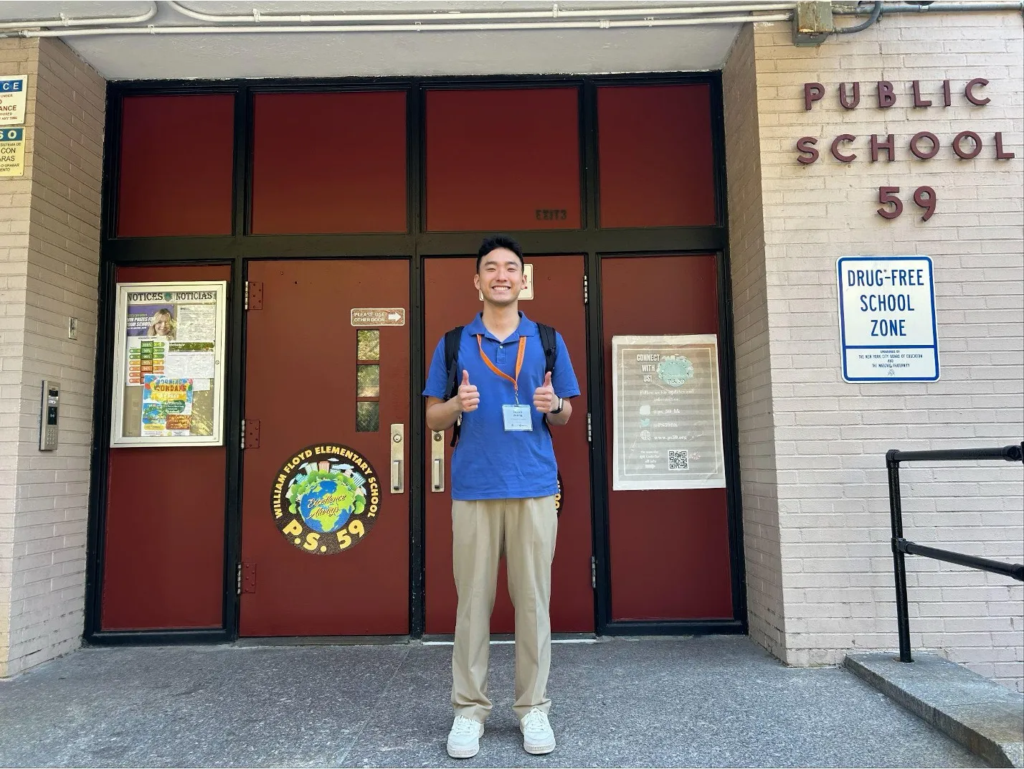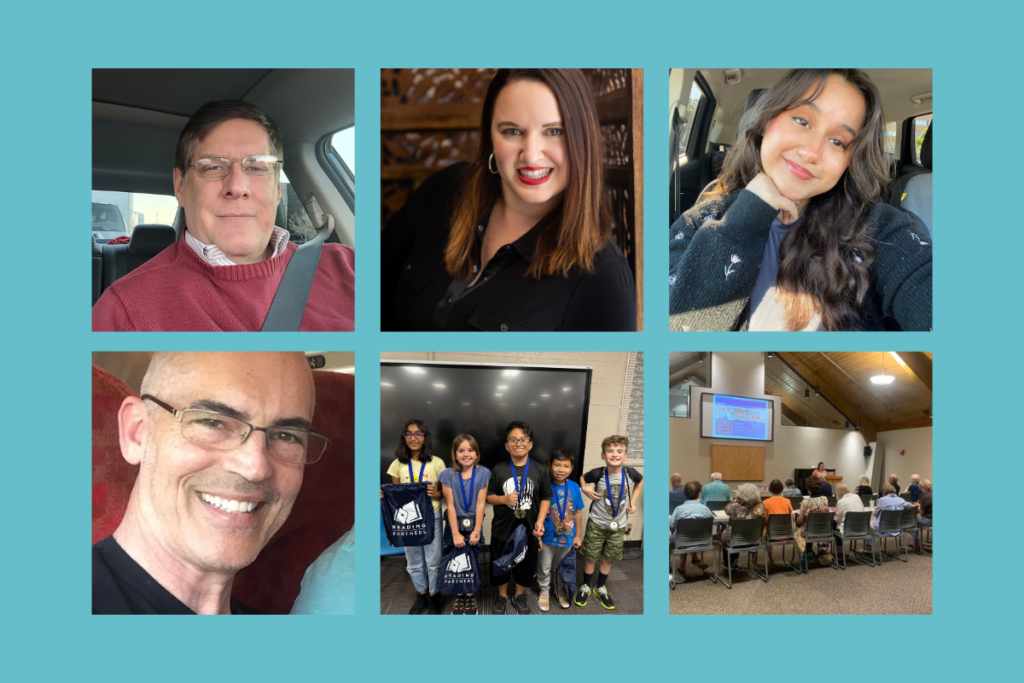
Stephen Plank Interviews Zenobia Judd-Williams Executive Director at Reading Partners
June 25, 2024
Originally published on CityBiz
Literacy is so much more than the ability to read and write—it’s a gateway to educational excellence, a vehicle to overcome systemic inequities, and a core component of exercising your own autotomy. This expanded articulation of literacy is what drove Zenobia Judd-Williams to join Reading Partners Baltimore in 2022.
As the Executive Director of Reading Partners Baltimore, Zenobia Judd-Williams leads the regional strategic direction of the children’s literacy nonprofit, which provides students with the quality literacy support and resources they deserve to reach their full potential. In this role, Zenobia oversees the evolution and expansion of programming in the Baltimore area, leads staff and AmeriCorps members to reach programmatic growth goals, manages and evolves fundraising and community partnerships, and serves as the main conduit to the Baltimore Regional Advisory Board.
Zenobia joined Reading Partners Baltimore after more than 20 years as a nonprofit leader within the public and private sectors. Prior to leading Reading Partners Baltimore, Zenobia served as the Director of Student Life & Residential Services for The SEED School of Maryland, a statewide college-preparatory public boarding school. Zenobia’s career spans leadership roles in organizations focused on healthcare, housing, education, and family investment, including Chief Executive Officer of the Maryland Community Action Partnership and Director of the Family Law Program at Family and Children Services of Maryland. Zenobia holds a master’s degree in business and organizational management and bachelor’s degrees in business and behavioral sciences.

Steve Plank is the Vice President of Research, Evaluation, Evidence, and Data at the Annie E. Casey Foundation. Steve’s team supports the Foundation’s work to strengthen families, build stronger communities, and ensure access to opportunity through investment in research and evaluation, promotion of evidence-based programs, and utilization of data tools and technology. Prior to his work at the Casey Foundation, Steve served as Managing Researcher at the American Institutes for Research; as Director of Research & Evaluation at the Corporation for National and Community Service; and as a faculty member and research scientist at Johns Hopkins University. Steve’s career centers around data-rich, iterative, improvement-oriented approaches pursued within networks or communities. He holds doctoral and master’s degrees from the University of Chicago and a Bachelor’s degree from Northwestern University.
Connect with Steve on LinkedIn
Interview Questions:
Q1: For those who aren’t familiar with Reading Partners, how would you describe the organization and its work?
Q2: Why are programs like Reading Partners important and needed for young learners?
Q3: Reading Partners is very much people-powered. Can you talk about Reading Partners’ relationship with volunteers and AmeriCorps members, and how these groups make your work possible?
Q4: There are many literacy programs operating throughout the state. What makes Reading Partners different from other tutoring programs?
Q5: You often share that literacy means so much more than the ability to read and write. How do you see literacy as a vehicle for maximizing opportunities?
Q6: Reading Partners Baltimore supported the Blueprint for Maryland’s Future, landmark legislation to transform public education in the state. What excites you most about the implementation of the Blueprint and its impact on young learners?
Q7: Reading Partners positions its work to provide students with literacy support as an essential step in the pursuit of social justice. How do you see Reading Partners as an educational equity organization?
Q8: What gets you excited about Reading Partners Baltimore and its future work supporting students?
 For nearly 25 years, Reading Partners has helped empower students to succeed in school and beyond by engaging community volunteers to provide proven, one-on-one literacy tutoring. Since its founding, the national nonprofit organization has mobilized over 80,000 community volunteers to provide more than 2.7 million individualized literacy tutoring sessions to more than 75,000 elementary school students in over 500 under-resourced schools across ten states and the District of Columbia. In Baltimore, Reading Partners has served students since the 2011-2012 school year. Visit www.staging.readingpartners.org to learn more about our program impact and ways to get involved.
For nearly 25 years, Reading Partners has helped empower students to succeed in school and beyond by engaging community volunteers to provide proven, one-on-one literacy tutoring. Since its founding, the national nonprofit organization has mobilized over 80,000 community volunteers to provide more than 2.7 million individualized literacy tutoring sessions to more than 75,000 elementary school students in over 500 under-resourced schools across ten states and the District of Columbia. In Baltimore, Reading Partners has served students since the 2011-2012 school year. Visit www.staging.readingpartners.org to learn more about our program impact and ways to get involved.
Recent News:
Steve Plank, Ashlyn Sowell, and Ismanuela Denis Join Board of Reading Partners Baltimore
Reading Partners Receives Unsolicited $20 Million from MacKenzie Scott



